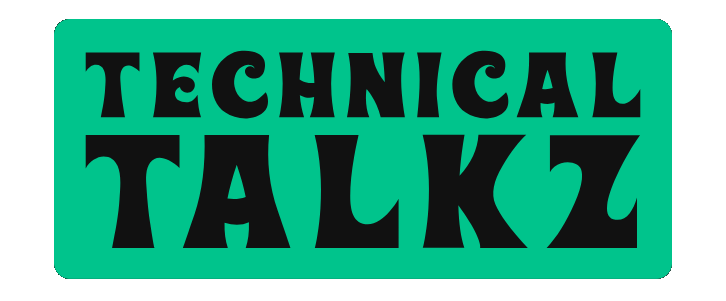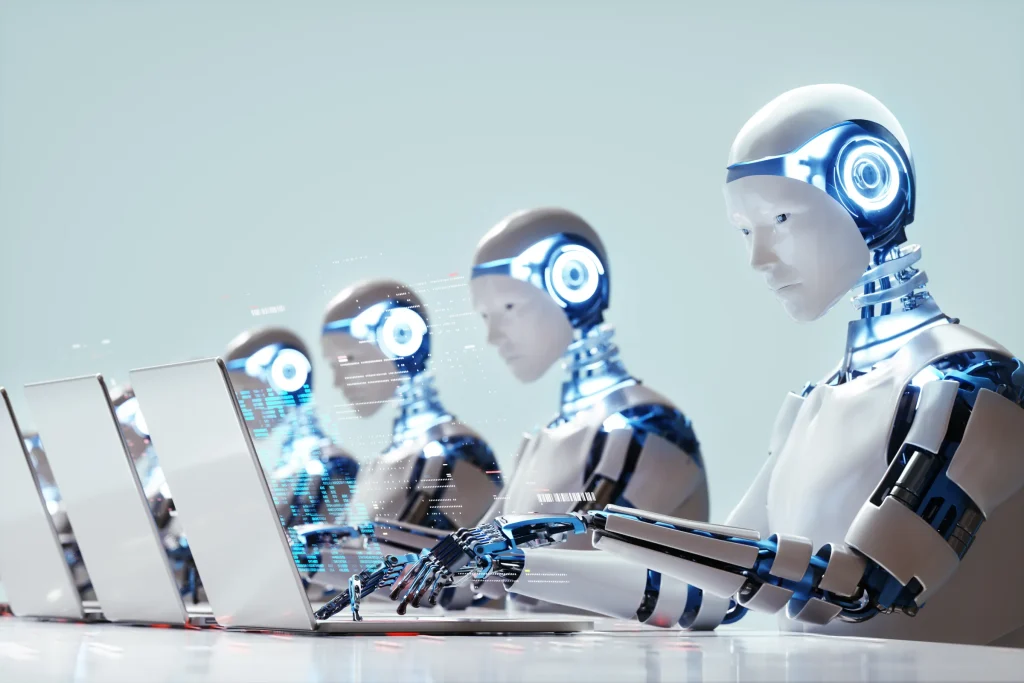In 2025, artificial intelligence is smarter, faster, and more accessible than ever. Tools like GitHub Copilot, ChatGPT, and AI code assistants are capable of writing entire blocks of code, optimizing performance, and even debugging. So the big question on everyone’s mind is: Will AI replace developers?
Let’s take a deep dive into this timely topic and explore how AI is reshaping the software industry and what it really means for your future as a coder.
The Rise of AI Coding Assistants
The last few years have seen explosive growth in AI-powered coding tools. OpenAI’s Codex, GitHub Copilot, Amazon CodeWhisperer, and even IDE-integrated bots like Tabnine have become standard companions for developers across the globe. These tools can:
- Autocomplete code intelligently
- Generate functions from comments
- Refactor legacy code
- Identify security issues
- Offer real-time documentation
But while these tools are powerful, they are assistants, not replacements.
Why AI Won’t Fully Replace Developers (Yet)
1. AI Lacks Contextual Understanding
AI can write syntax-perfect code, but it doesn’t “understand” your project goals, business logic, or user needs. Developers don’t just write code—they architect systems, solve business problems, and communicate with stakeholders. AI can’t replicate that level of context.
2. AI Generates, But Doesn’t Innovate
AI learns from existing data. It’s great at reproducing patterns but falls short when innovation is required. If you’re building a completely new algorithm or product, AI can’t dream it up for you.
3. Code Isn’t the Whole Job
Coding is only one part of the development lifecycle. Developers also:
- Collaborate in teams
- Manage deployments
- Run tests and QA
- Handle client requirements
- Prioritize features
AI can help, but it can’t manage an entire software development lifecycle on its own.
4. Security and Reliability Issues
AI-generated code can be buggy, insecure, or not production-ready. Developers still need to review, test, and secure every line written by AI. Blind trust can lead to major issues down the line.
Where AI Will Change the Developer’s Role
Instead of full replacement, what we’re seeing is a shift in the role of developers. In 2025, developers who embrace AI tools are becoming more productive, creative, and efficient. Here’s how:
- Less Repetition: No need to rewrite boilerplate code.
- Faster Prototyping: AI can generate quick MVPs.
- Focus on Logic & Design: Developers spend more time on architecture, UX, and logic.
- Better Collaboration: AI bridges the gap between non-technical team members and devs via natural language prompts.
Developers aren’t being replaced—they’re evolving into AI-enhanced engineers.
What Skills Will Matter Most in the AI Age?
In this new era, developers need to go beyond syntax and focus on:
- System Design: Understanding how components work together.
- Problem Solving: Tackling business challenges, not just technical ones.
- Communication: Working with clients, teams, and stakeholders.
- AI Prompt Engineering: Learning how to effectively communicate with AI tools.
- Security Best Practices: Making sure AI-generated code is safe.
Soft skills are becoming as important as technical skills.
So… Should You Be Worried?
If you’re a developer who sticks only to repetitive tasks and refuses to learn new tools, you might find yourself obsolete sooner than expected. But if you adapt, grow, and integrate AI into your workflow, your value as a problem solver will skyrocket.
In fact, the future looks bright for those who combine human creativity with machine intelligence. Think of AI not as a threat—but as an amplifier of your abilities.
Collaborate, Not Compete
The AI revolution in development is real, but it’s not about replacement—it’s about collaboration. AI won’t replace developers, but developers who use AI will replace those who don’t.
So the next time you hear someone say, “AI is going to take our jobs,” just smile and show them your latest AI-assisted project. The future of development isn’t human or machine—it’s human and machine.




Для фасовки антисептиков, шампуней и других жидкостей подойдут — прочные, лёгкие и доступные в различных объёмах.
Оптовая покупка флаконов помогает сэкономить средства и оптимизировать запасы. На рынке можно найти множество компаний, предлагающих флаконы оптом различного дизайна и объема.
При выборе флаконов важно учитывать не только их внешний вид, но и материал. Каждый тип флаконов обладает уникальными характеристиками, влияющими на их применение.
При оптовых закупках стоит обратить внимание на условия поставки и минимальные объемы заказа. Не забывайте о репутации компании, у которой вы планируете купить флаконы оптом.
Флакон оптом — это не только выгодно, но и удобно. Оптовая покупка флаконов помогает улучшить услуги компании и привлечь новых клиентов.
пластиковый флакон производитель